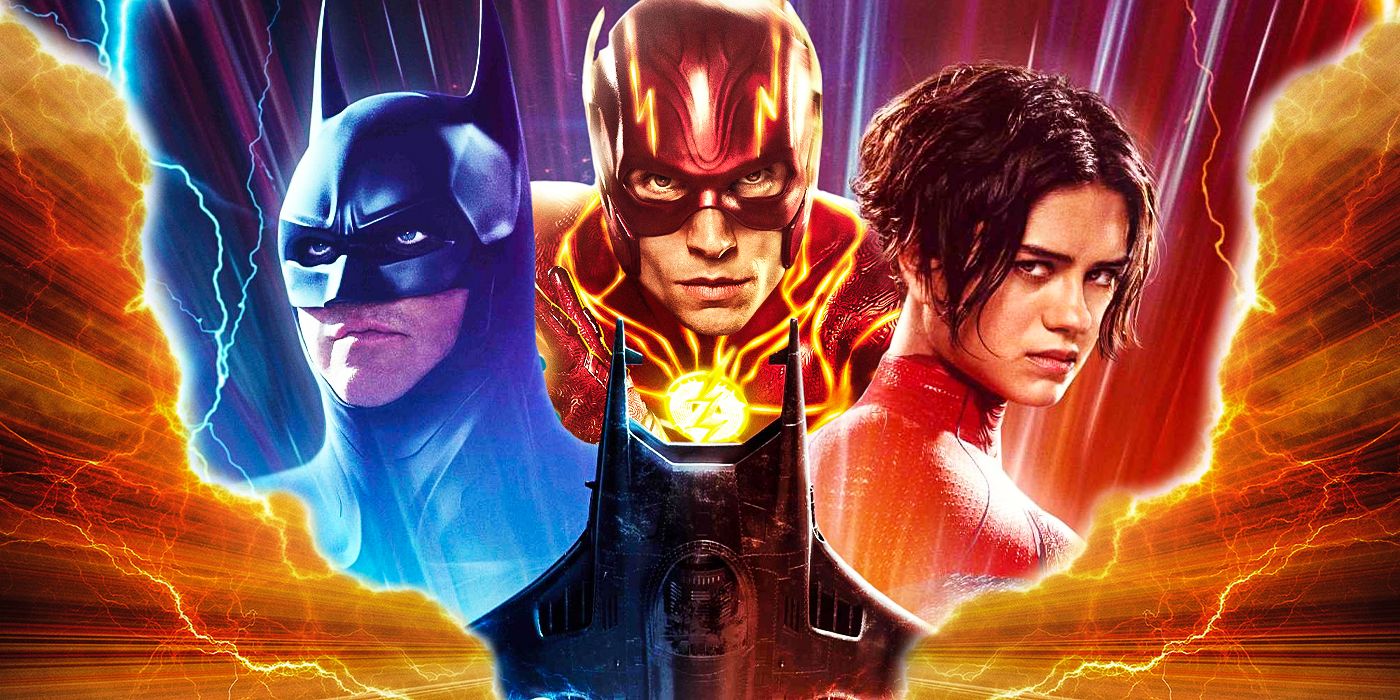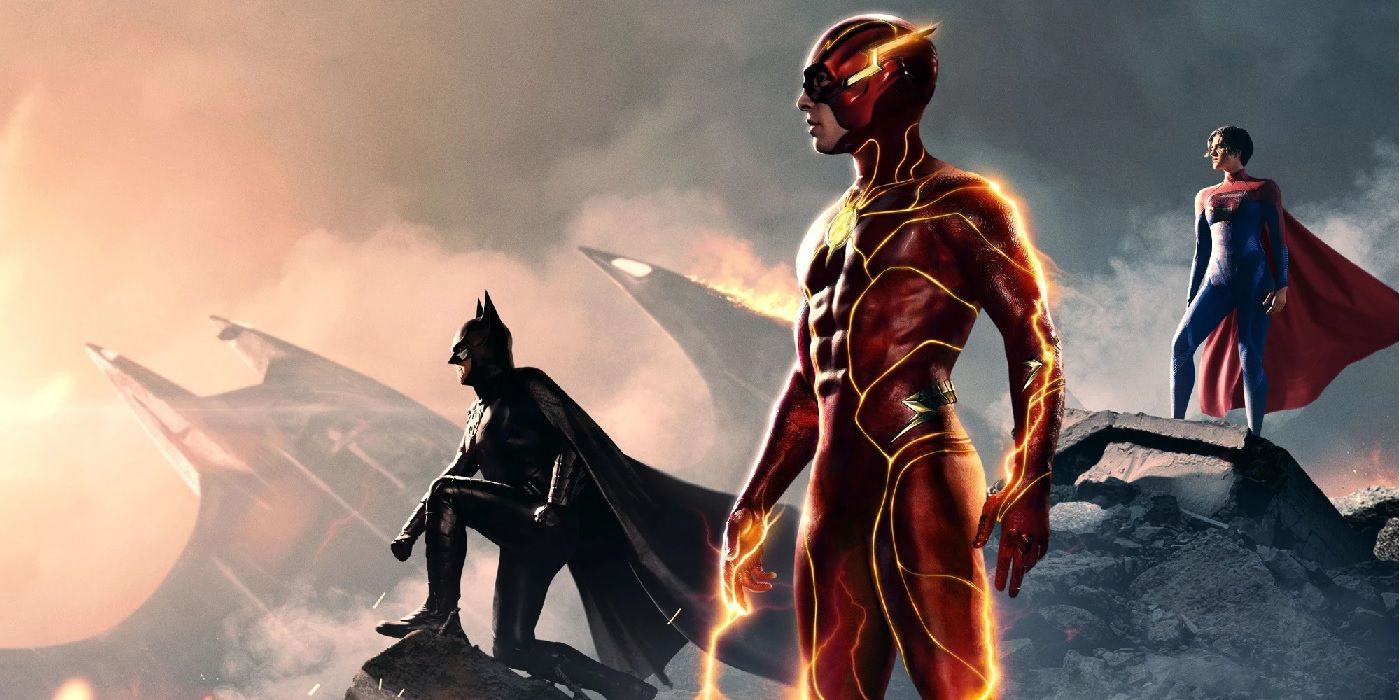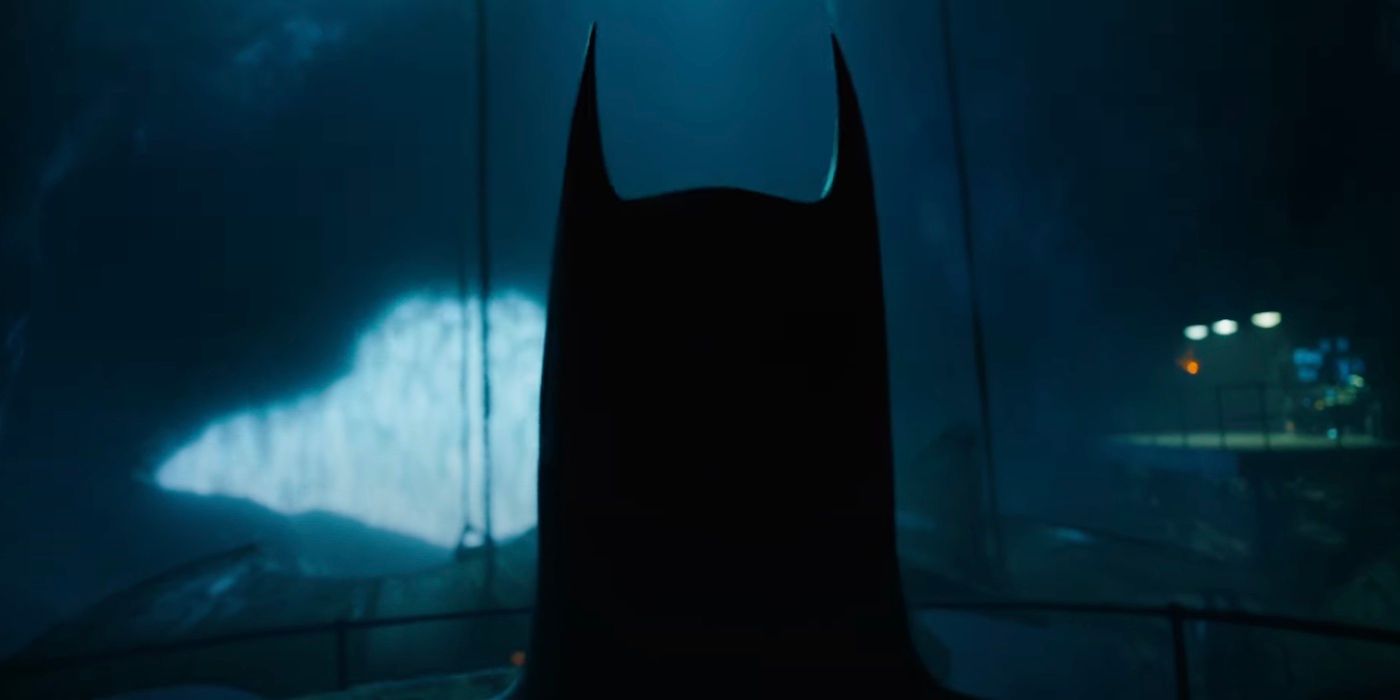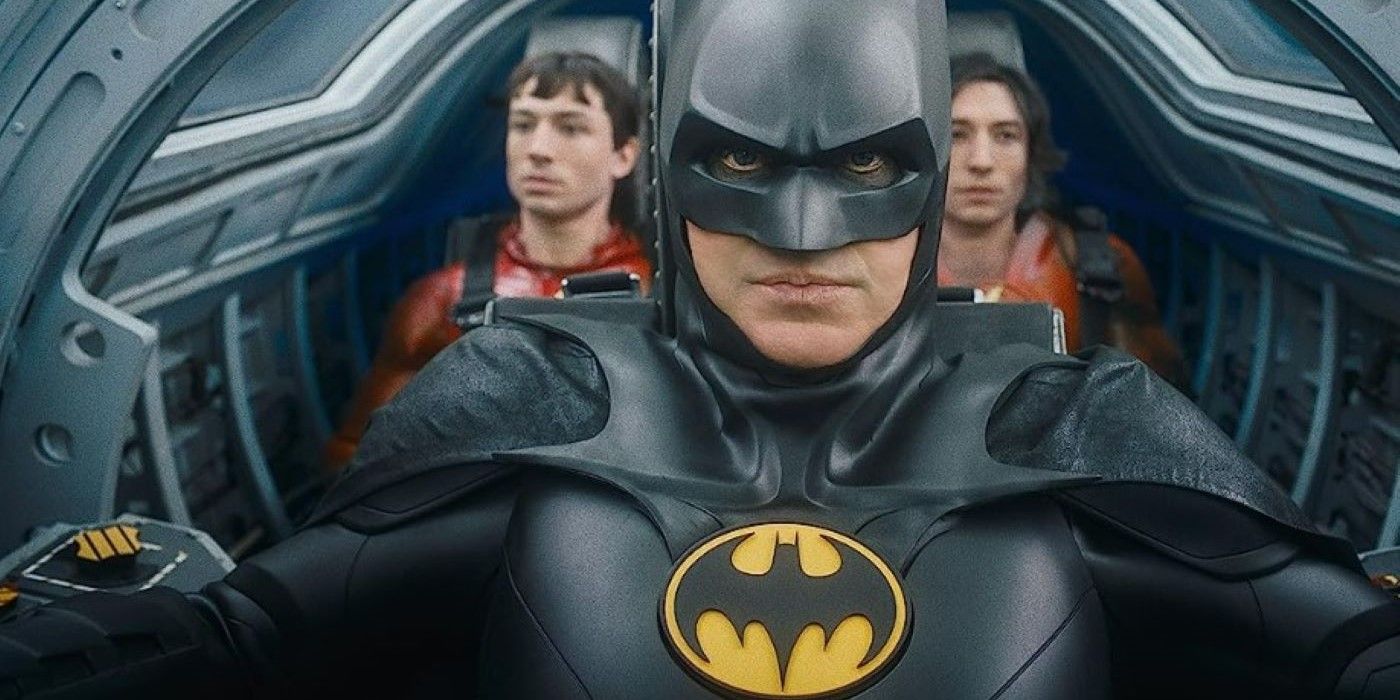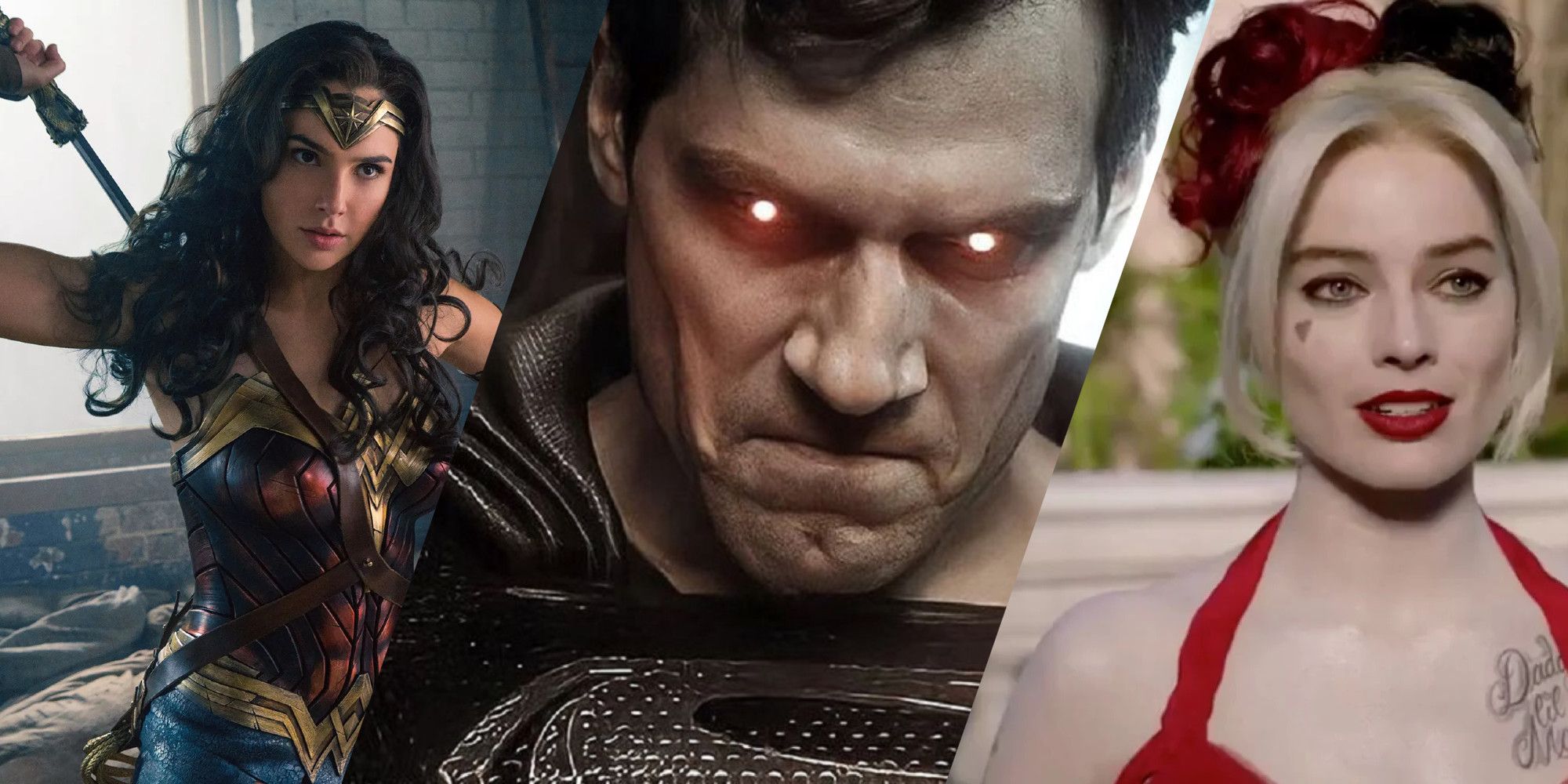Quick Links
After numerous delays, controversies, recasting, recrewing, and more, DC Studios' The Flash is finally making its way into theaters, and it's expected to rake in big box office numbers almost as fast as Barry Allen (Ezra Miller) can run. Following the film's premiere at Cinemacon 2023, things have gotten off to a pretty good start to what is being called the DCEU's swan song (even though we still have Aquaman and the Lost Kingdom coming later this year). Reviews for the film have been skewing positive but are generally fairly mixed, with the consensus being that The Flash is fun but lacks a compelling time-travel narrative. The early buzz seemed to get the ball rolling on some solid early projections, but those now seem debunked following a disappointing opening weekend and increasingly poor reviews.
The Flash is in a fascinating and unique position in terms of the industry. It's releasing in the midst of a historic Writer's Strike, is being touted by those close to DC Studios as both a conclusion to the DCEU and a starting point for James Gunn and Peter Safran's DCU, and also may very well decide the future of the controversial star Ezra Miller in the winged boots of The Flash. These factors and more have led to a considerable budget for the film. To learn more about the budget, box office shortcomings, and more, here is a complete budget breakdown for The Flash.
Editor's Note: This article was updated on July 17, 2023, with new box office information.
Keep in mind that the full budgetary details for projects of this caliber are not typically shared publicly, and much of the following is based on reported data, established net worth, etc.
Budget for The Flash by Department
Cast
It's impossible to deny that one of the most contentious elements of The Flash is its lead actor, Ezra Miller. Miller has become the subject of an absolute PR nightmare following a slew of allegations indicating some less-than-appropriate behavior. Despite the ongoing controversies, Miller did perform reshoots even though Warner Brothers and DC Studios played coy to the idea that the actor will return for future projects. They reportedly made a total of $3 million for their starring role in The Flash. One may expect Michael Keaton to be paid more than the film's star despite being a side character due to his unprecedented return to the Batman role.
However, that appears not to be the case, given that Keaton reportedly made $2 million for his role in The Flash. That's a stark contrast to Keaton's payday for playing the villainous Vulture in Spider-Man: Homecoming, for which Keaton made six times that amount with $12 million. As for the rest of the cast, relative newcomer Sasha Calle is reportedly set to make $500,000 for bringing Supergirl to the big screen, and Michael Shannon made a cool million for his return as Zod. Extra money was also likely allocated to the film's many cameos to get the likenesses of specific individuals.
VFX
DC Studios once again collaborates with Scanline VFX to bring the super heroics of The Flash to life. The VFX house has worked with DC before on almost every project in the DCEU and will be doing so again later this year with Aquaman and the Lost Kingdom. The average budget for a big-budget superhero film like The Flash is around $65 million. Still, given that the film has such a massive emphasis on CGI, even down to Barry's suit, that number could very likely be higher.
Filming Locations
The Flash reportedly conducted all of its principal photography in the United Kingdom from February 2019 to May 2019, namely in Glasgow, Scotland, and London, England. We know that at least one round of reshoots began in 2022 at the height of Miller's embattlement, though details surrounding these reshoots are mainly unknown. For London, in particular, the movie was filmed in at least four locations. Factoring in application fees, parking fees, scaffolding costs, and more, we're looking at about £5 thousand per day or about $6.3 thousand per day. Add in the four months the film shot principal photography, that's about £600 thousand total or about $750,000.
The Costs of Promoting The Flash
Publicity and advertising for a film are often considered separate from a project's production budget, and it's even trickier to find online. On average, the advertising budget for a project of this caliber typically ranges from $65 million all the way to $200 million (though this film might be closer to $150 million). The first glimpse of The Flash came in the form of DC's Fandome event - a virtual convention used by DC to advertise their projects digitally during the Pandemic. That makes advertising cheap since it's an event hosted by DC, but marketing didn't really start for The Flash until a trailer dropped for the film at the 2023 Super Bowl. The cost of a Super Bowl ad starts at about $7 million, so there's another expense to add to The Flash's bill.
How Much Does The Flash Need to Make at the Box Office to Break Even?
With a production budget of $200 million and an advertising budget of at least $65 million, The Flash must make around $265 million to $400 million at the global box office to break even. We're inclined to believe it's closer to $400 million, but that has not been confirmed.
How is The Flash Doing at the Box Office So Far?
According to early projections, The Flash was primed to make a solid dent in that return, with the film on track to make $70 million domestically and $155 million worldwide. Those numbers may have been slightly exaggerated now that the film has officially been released.
In a stunning turn of events, The Flash severely underperformed domestically and overseas. The $70 million opening in the U.S. fizzled to $55 million, and the global opening went from $155 million to $139 million. While that may not sound like too much of a drop, opening weekend projections rarely end up that different. In most cases, the opening weekend of a blockbuster film is its most profitable, so this does put The Flash in jeopardy of being a box office bomb, though it is a bit early to say for sure. Why did this happen? It's difficult to say for certain, but it appears to be a combination of controversy around Ezra Miller, the uptick in negative and mixed reviews, and the lack of publicity due to the ongoing Writer's Strike. You also have to factor in the number of films released in June. The Flash was going up against Spider-Man: Across The Spider-Verse, Transformers: Rise of the Beast, and Elemental. While The Flash came in number one at the box office, fans having so many options probably played a role in its soft opening.
The Flash could never recover from its poor opening and lackluster word of mouth. In its second weekend, the film had new competition with the Jennifer Lawrence comedy No Hard Feelings and Wes Anderson's Asteroid City. On top of the new releases, Spider-Verse and The Little Mermaid found continued domestic and international success, while Elamental's great word of mouth gave the film a new life. The Flash currently sits at $263.6 million worldwide and will likely end its run at around $280 million. The film might lose the studio over $200 million because the revenue is split between the studio and the movie theaters. What was once hailed as one of the best DC Films since Christopher Nolan's Dark Knight Trilogy would have saved the studio more money if it was simply never released.
How Do the Budget and Box Office Projections Compare to Other DCEU Films?
Budget-wise, The Flash is on the more expensive end in comparison to other DCEU projects. Both Black Adam and Wonder Woman 1984 had the exact same budget of $200 million. However, The Flash is set to be the biggest box office film among all superhero films and will go down as one of the biggest financial failures in movie history. For comparison's sake, Black Adam, a film that lost the studio money and was considered a major financial failure, ended its run with $393.3 million worldwide. The Flash will make over $100 million less than Black Adam, lose the studio almost $200 million, and be the final nail in the DCEU's coffin as we head toward another reboot.

